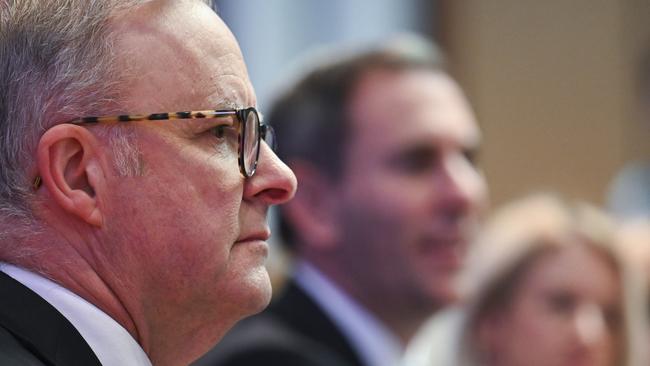
There is no doubt that an election at the end of the year – after the $300 rebate has been delivered, the tax cuts are in place and a reduction in inflation builds pressure for an interest-rate cut – is now more likely.
But the reality is that the Treasurer has only provided the conditions for calling an early election and not guaranteed there will be one.
Of course, managing the expectations of an early election and maintaining political discipline will be an added risk and pressure for Anthony Albanese as he can’t definitively deal with the election question one way or the other.
Election speculation in itself is destabilising and causes anxiety in government ranks.
Ever since Labor unveiled its new tax cuts in January there has been the view that an improving economy with lower inflation, higher wages, stronger growth and an interest-rate cut will give the Prime Minister the “hole in the fence” every leader looks for when calling an election with the greatest chance of victory.
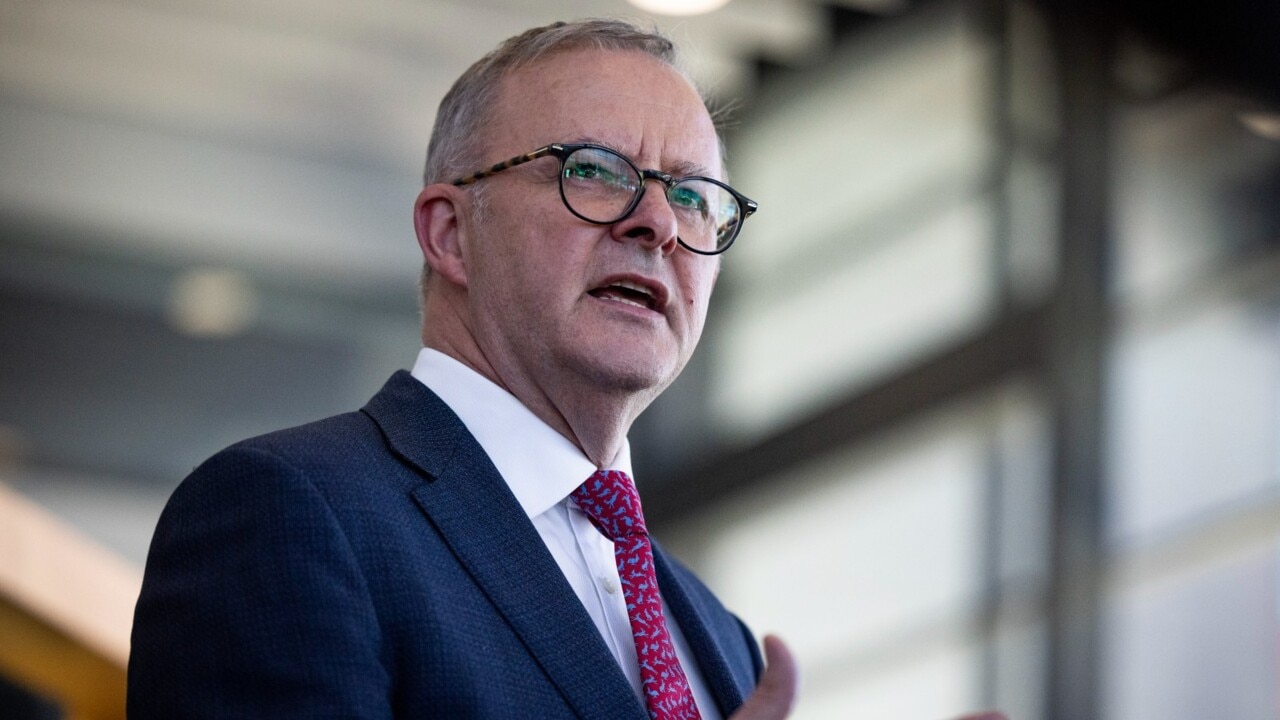
Albanese, bombarded with early election questions in the wake of the budget, is sticking to his line that he’s only interested in a 2025 election due by May but, the political intent of the budget is clear evidence he is in a better position to call an election this year.
“We’re focused on the election that’s due in 2025,” he said on Wednesday morning.
“What we’re focused on is getting the settings right and turning things around, making a difference to people,” he said.
But by the same token nor could he rule out an early election – no leader wants to – and Albanese has referred this year to the political mistake Julia Gillard made when she set an election date nine months out from the scheduled poll in 2010.
What’s more, even as he tries to infer the election will not be called until 2025, Albanese has already embarked on the political and economic narrative pointing to the budget strategy which “flips” the impact of inflation and interest rates.
Albanese has committed to the risky assumptions that inflation will be back below three per cent by Christmas and that an expansionary budget, including the taxpayer funded $300 energy rebate, will actually cut inflation by effectively buying a reduction in inflation and perhaps even an interest-rate cut.
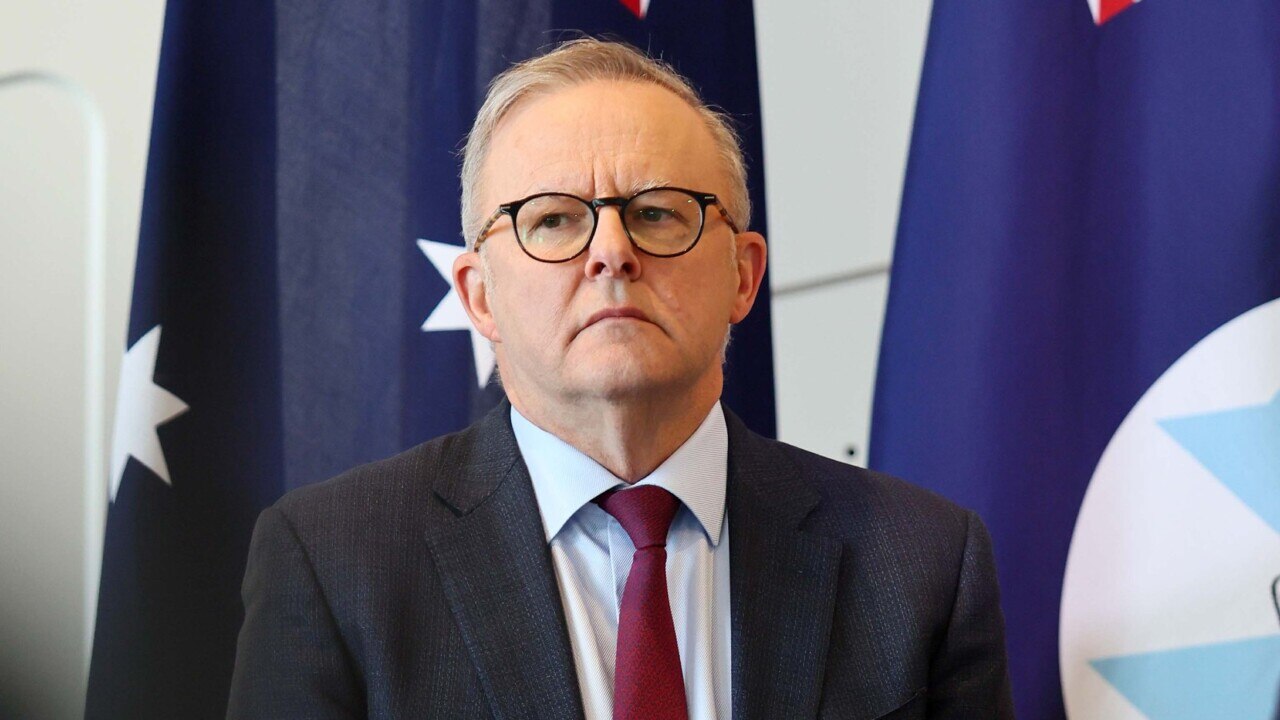
Of course, the Treasury’s own assumption in the budget papers is that there will not be a reduction in interest rates until the middle of 2025 – beyond even a last-ditch May election.
So, Albanese tries to block out the destabilising talk of an early election in one sentence but adopts the Chalmers’ mantra to make one possible in the next sentence.
“That’s what our focus was in this budget, a difficult task to provide cost of living relief while continuing to put that downward pressure so we see inflation continuing to moderate. It was a difficult task. I think we’ve landed it,” he said.
The budget has ensured Labor is going to face early election speculation through the rest of this year which will only intensify towards November-December as the deadline for the inflation and interest rate assumptions approaches.
As Opposition Leader Peter Dutton has no particular interest in discouraging early election talk and is already categorising the budget as an attempt to “buy” themselves an interest-rate cut before the election, whenever it is held.
“They’re (Labor) trying to buy themselves an interest-rate cut before the election and pretend that everything’s okay, whereas it’s not,” he said on Wednesday.
“As all of the credible economists have said overnight: this is inflationary, it’s going to drive up inflation, and therefore interest rates, and it’s going to prolong the pain for a lot of families for many years to come,” he said.
These are numbers, strategies and narratives that will decide the timing of any election, this year or next, and they just mean there is a greater chance of an early election this Wednesday than there was on Tuesday.



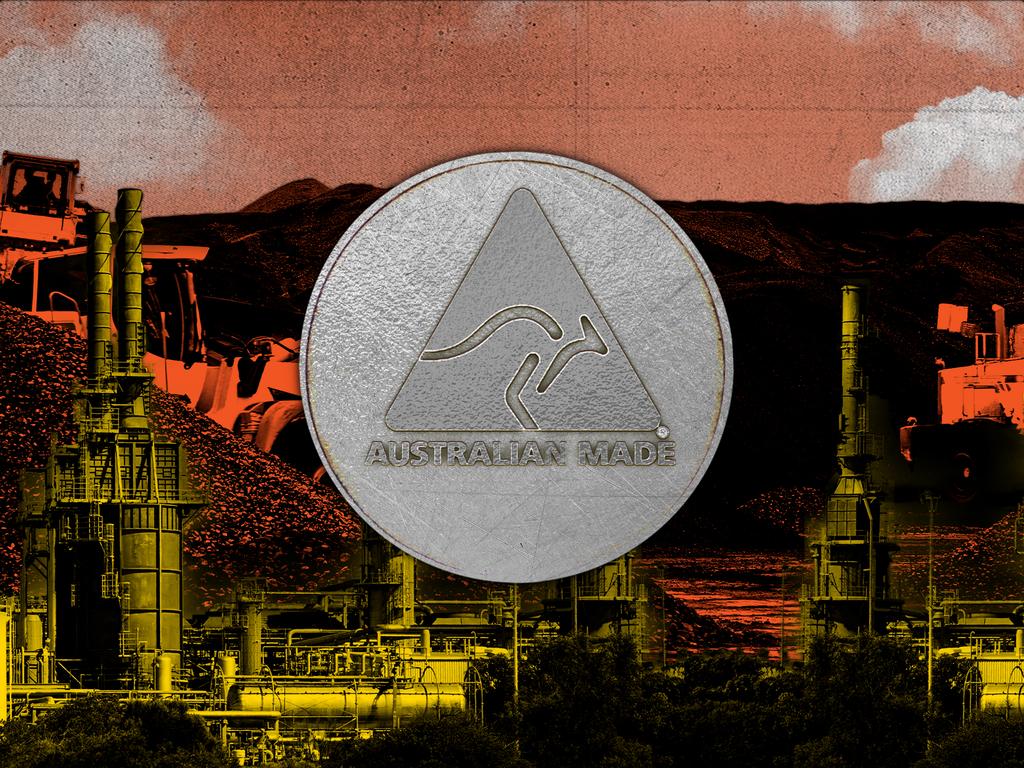


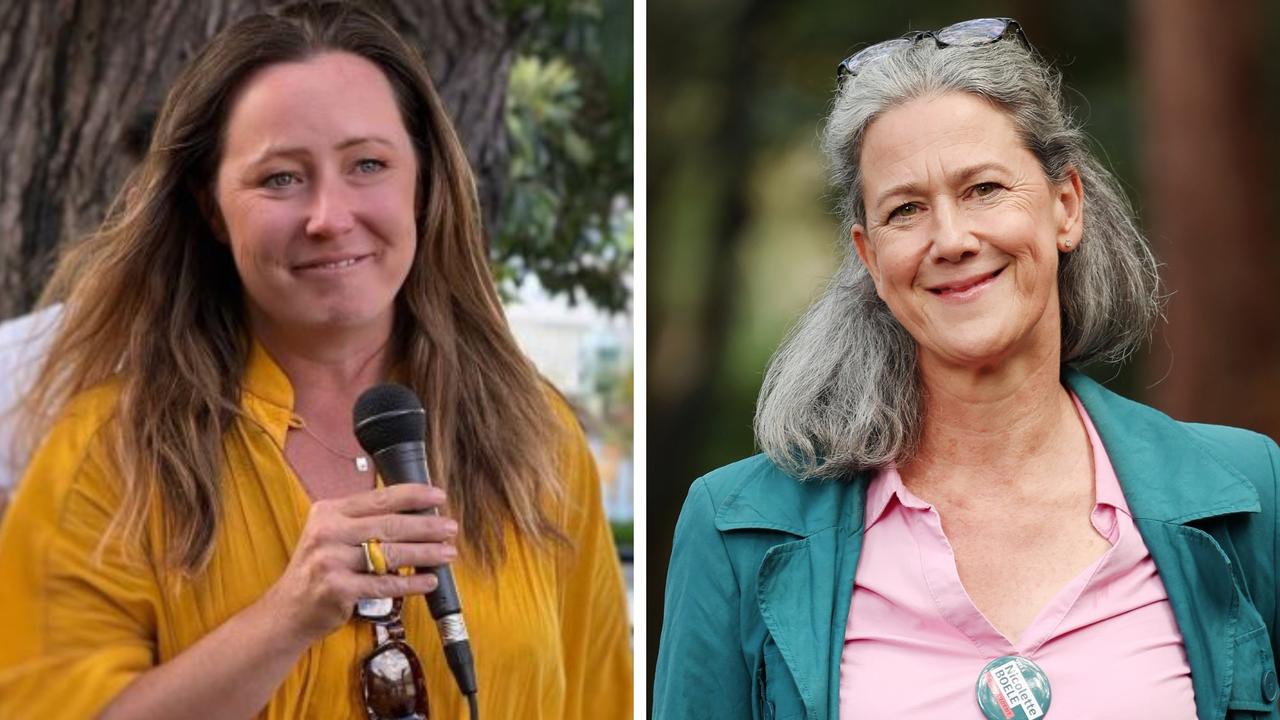
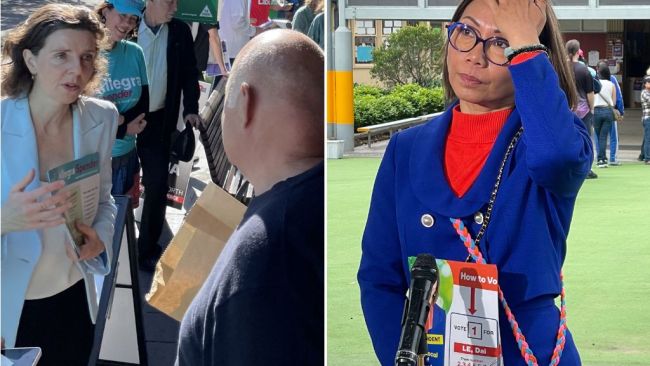
Jim Chalmers’ $300 energy rebate giveaway budget and Christmas inflation cut forecast has created a surge of speculation that there will be an “early” election this year – six months before it is scheduled in May 2025.